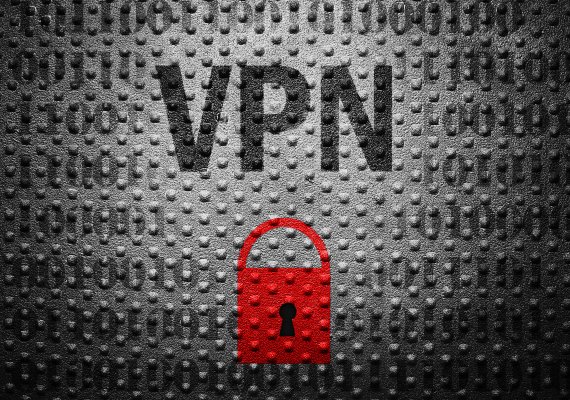The internet, as popular as it is, can be a digital ground for cybercriminals to steal private data, especially if a connection is not properly protected. This is where the VPN comes into use.
VPN stands for virtual private network. It is a technology that allows users to receive and send data through secure, encrypted connections over less safe connections such as shared and public networks.
Imagine that you are connected to a public hotspot in an airport or cafe. Any private information transmitted through the public network can be seen by hackers.
However, with the use of a VPN, your web traffic is directed through a specialized server and your data is contained inside a private tunnel. All of the information you send and receive is encrypted and your IP address is concealed so the data transferred between the two ends of the VPN cannot be read by anyone else, even if the data was intercepted.
This way, your information is protected from those who want to steal it, and you don’t have to worry about whoever is keeping tabs on what you do online.
VPN was established so that employees can obtain confidential company information, consumers can anonymously buy and download files, travelers can access geographically limited websites, etc.
How can a VPN be useful?
Nowadays, virtual private networks are becoming more popular among businesses as they allow companies to secure private information when remote data sources are connected to each other. VPNs are becoming more popular for individuals, too, as the real location of the user is replaced with a dummy location given by the VPN provider. So, someone who uses a VPN may appear to live in Europe, but is actually living in Asia. This way, using torrents and avoiding government filters are possible.
The most common types of VPN are remote access and site-to-site.
A remote-access VPN allows a user to connect to a remote server safely to log into a private network. This kind of VPN is the basis for commercial VPNs, where providers connect the users to their own secure network while users surf the internet. Content that is not usually available with a typical internet connection can then be accessed. Remote-access VPNs are flexible, easy to set up, and suitable for personal use. However, this type of VPN is not so suitable for corporate use.
On the other hand, site-to-site VPN allows various users in different locations all over the world to access each other’s data. This kind of VPN is the basis for large-scale VPNs, where employees from different branches all over the world can safely transmit confidential company data. Site-to-site VPN requires special equipment, so installing it is not as easy as setting up a remote-access VPN. Authentication such as a password or company code is also usually required in site-to-site VPN to make sure that only real employees can see their company’s private data.
A virtual private network allows individuals and corporations to have privacy, transmit data securely, and access the internet without any filters. So, it is highly recommended that you get a VPN now, so you can start browsing with no worries and hassle. Enjoy browsing safely!





